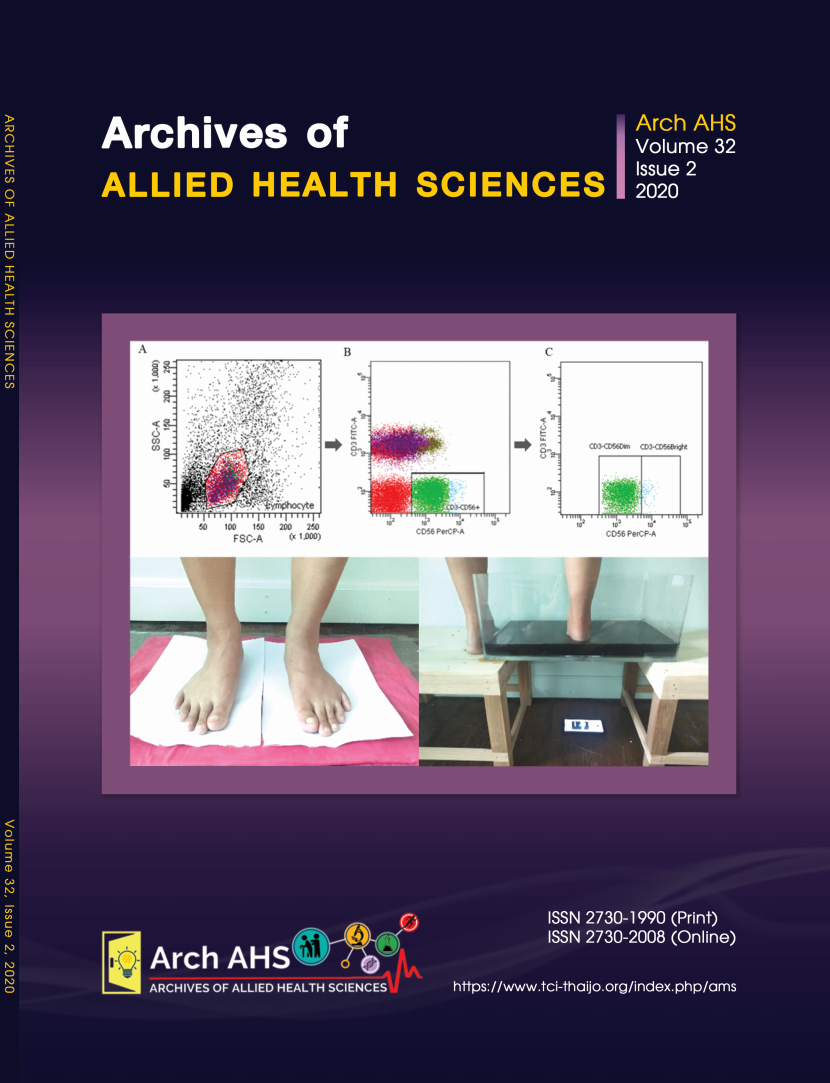Effects of oral vitamin C treatment on metabolism at rest and in response to an acute exercise in patients with poorly controlled type 2 diabetes mellitus
Main Article Content
Abstract
Metabolic disturbances at rest and in responses to exercise are the hallmarks of type 2 diabetes mellitus (T2DM). Although vitamin C was shown to improve resting glycemia and lipid profile in patients with T2DM, a study investigating the effects of vitamin C treatment on the metabolic responses at rest and to low-intensity exercise in poorly controlled T2DM patients has not been conducted yet. This study aimed to investigate the effects of oral vitamin C treatment on metabolism at rest and in response to an acute exercise in patients. Twenty T2DM patients were randomly participated in the following two six-week arms with a six-week washout period: either daily placebo or 1000 mg vitamin C. On the first and last day of each session, they performed 20-min low-intensity cycling. Five-min expired gas was collected before starting and finishing the exercise. Immediately before and after the exercise, venous blood samples were collected. Vitamin C decreased resting cholesterol concentration compared with placebo treatment (p-value < 0.05) without any effect after the exercise. Post-vitamin C treatment, fat oxidation rate was higher during exercise than at baseline (p-value < 0.05). Resting total cholesterol/high-density lipoprotein-cholesterol and glucose concentrations in plasma at rest and after exercise were lower at post- compared with pre-vitamin C treatment (p-value <0.05). Additionally, pre- and post-treatment, rates of oxygen consumption and carbohydrate oxidation, and energy expenditure were higher during exercise than at baseline in both treatment arms (p-value <0.05). The findings suggest that daily treatment with 1000 mg of vitamin C for six weeks reduced the resting cholesterol concentration in patients with poorly glycemic controlled T2DM. However, this effect was not observed immediately after exercise. Nonetheless, post-vitamin C treatment, fat utilization during exercise was higher than baseline. Besides, low-intensity exercise increased oxygen consumption rate, carbohydrate oxidation rate, and energy expenditure, pre- and post- both treatment arms.
Article Details

This work is licensed under a Creative Commons Attribution-NonCommercial-NoDerivatives 4.0 International License.


